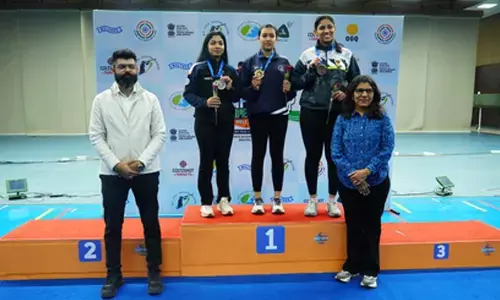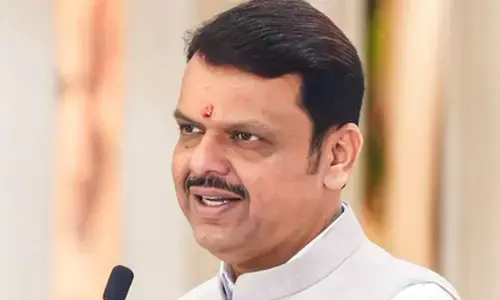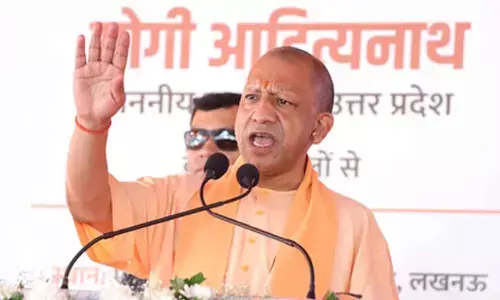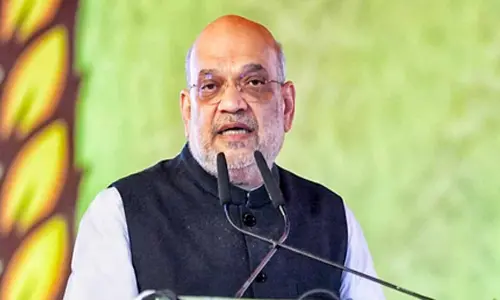‘Modugu Poolu’ won’t fade away
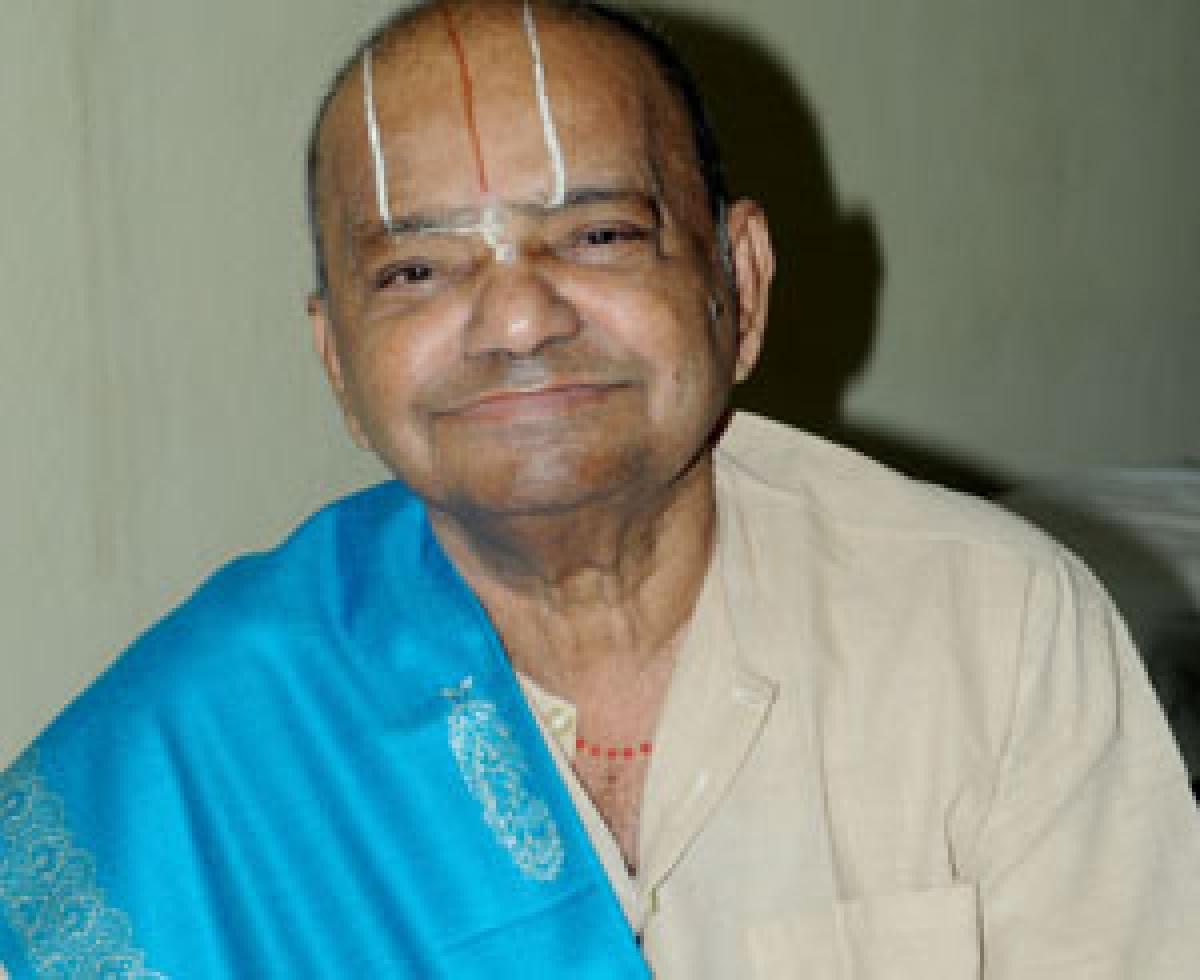
‘Modugu Poolu’ won’t fade away. One of the last remaining literary and political bridges between the pre- and post-independent eras of Telugu people, Dasarathi Rangacharya (86) was an exceptionally great man of letters – and with him, indeed, an era has ended.
 Every atheist need not be a Communist and every Communist need not necessarily be an atheist. I wrote the Vedas for the common man and dispelled the myth that they belonged to a privileged few. If I was not a Communist, I would not have written Vedas like this
Every atheist need not be a Communist and every Communist need not necessarily be an atheist. I wrote the Vedas for the common man and dispelled the myth that they belonged to a privileged few. If I was not a Communist, I would not have written Vedas like this
One of the last remaining literary and political bridges between the pre- and post-independent eras of Telugu people, Dasarathi Rangacharya (86) was an exceptionally great man of letters – and with him, indeed, an era has ended. Dasarathi Rangacharya comes from an illustrious lineage – father was Venkatacharya Vidvan, a scholar and teacher, and brother Dasarathi Krishnamacharya, a great poet and revolutionary who had penned the immortal lines – Na Telangana Koti Ratanala Veena.
Born on August 24, 1928, he was an active participant in the freedom struggle and the Communist movement in the region even as a student, and had used his pen to bravely protest and ridicule the autocratic Nizam rule. He participated in the Telangana Armed Struggle and even went underground. He completed his higher education in Vijayawada, and in later years shifted to Hyderabad to work for the Municipal Corporation. Interestingly, the sentiments and beliefs that inspired him as a youngster remained with him throughout his years until he breathed his last.
His most famous work that won him the Kendra Sahitya Akademi Award – ‘Chillara Devullu’ (1969) – held a mirror to the life in Telangana in the early 20th century. In fact, he was probably the first writer to have introduced Telangana and Batukamma to the entire Andhra Pradesh through his Chillara Devullu (Lesser Deities), which was also made into a movie). His yet another classic, Modugu Poolu (Fire Flowers, 1971) was also set in Telangana region of Hyderabad State during the Nizam rule.
He wrote both these works in Telangana dialect much to the surprise of other writers. His argument was that his books ought to be understood by common man. And he remained a true lover of Telangana and was quite vocal in his derision to what became of the dialect. “How can you add a few Hindi words and call it Telangana. “Zindagi’ is an Urdu word and they say it’s Telangana,” he lamented during an interview given to the author in 2011.
Be it his love for the language, his ridicule of Nizam or his progressive ideology, Dasarathi Rangacharya minced no words when he had to voice his opinion; absolutely with no fear or favour. Even his spiritual work would lean towards progressive ideology and the common man. He said, “Every atheist need not be a Communist and every Communist need not necessarily be an atheist. I wrote the Vedas for the common man and dispelled the myth that they belonged to a privileged few. If I was not a Communist, I would not have written Vedas like this.”
Despite his criticism of the ways of the world, he was realistic and harboured a positive outlook on life. This came through very well in his acceptance of capitalism as the inevitable evil (On the contrary, he had always been a believer in Socialism like the protagonist in his book ‘Ranunnadi Edi Nijam’). “When you opt for an “ism,” you have to face both good and bad. Scams and corruption are the inherent traits of capitalism. A capitalistic society does not allow the common man to think. But one cannot avoid this change. Socialism as it once prevailed in India would not have been possible today, even if the Soviet Union existed,” he shared.
He was commended as the ‘Telangana Premchand and Gorky.’ Be it his children’s books or the books he had written on Vedas, novels or mythologies, poetry works or plays - the diverse literary contributions remain as invaluable treasures of Telugu language. A great scholar in many languages including Sanskrit, Urdu and English, he left behind a rich body of work that calls for revisiting, at least to understand the culture, history and tradition that we come from.
By Rajeshwari Kalyanam








